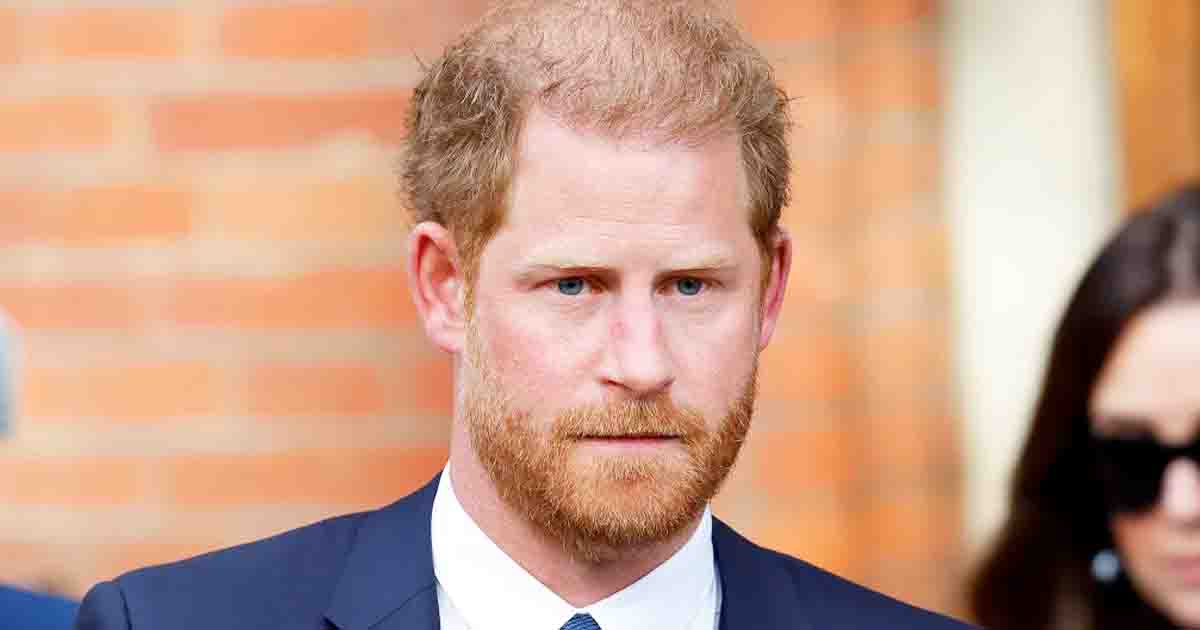Opinion: Should Prince William share more about his health?
As Prince William steps into a more prominent role in the monarchy, public trust in the Royal Family continues to decline. Could greater transparency from the future king help restore faith in the institution?
The British monarchy is facing growing skepticism, with polls showing a steady decline in public support. At the same time, Prince William and Kate Middleton are seen as key figures in modernizing the institution—but is their silence hurting their cause?
As King Charles III settles into his reign, Prince William’s role has become more significant than ever. However, last fall, the future king sparked widespread concern when he appeared in public with a beard—something that was reportedly frowned upon by Queen Elizabeth II. Social media users and media outlets alike speculated about his health, with many claiming he looked unwell.
Despite the speculation, William chose to remain silent, neither confirming nor denying the concerns. While the Royal Family has long maintained a “never explain, never complain” policy, some argue that in today’s media-driven world, staying quiet may do more harm than good.
Should Prince William break royal tradition?
The Royal Family rarely addresses rumors, no matter how damaging they may be. Even when Prince Harry and Meghan Markle made explosive claims about the monarchy, William and other senior royals refused to engage in public rebuttals. This approach, once seen as a sign of dignity and strength, is now being questioned as public trust in the monarchy weakens.
With social media amplifying speculation and misinformation, some experts believe Prince William should take a different approach. A simple interview or statement addressing public concerns—whether about his health, personal choices, or even the state of the monarchy—could help reshape the narrative.
“Controlling the narrative is crucial,” royal commentators argue. By staying silent, William leaves room for speculation to spiral, which can damage the monarchy’s reputation. Engaging with the public in a more direct way could modernize the institution and demonstrate that the future king is in touch with the people.
Declining public support: A warning sign?
A 2023 poll by the National Centre for Social Research found that only 54% of Britons viewed the Royal Family as “very” or “quite important,” a sharp drop from 76% in 2012. The loss of Queen Elizabeth II, along with ongoing tensions between Prince Harry and the rest of the family, may have contributed to this decline.
With these numbers in mind, William and Kate are seen as central to revitalizing the monarchy. Their ability to connect with the public and present themselves as relatable figures will likely play a key role in whether the monarchy survives future generations.
Is William taking a gamble?
A simple act—such as explaining why he grew a beard or addressing concerns about his health—could make a significant difference in how William is perceived. By engaging with the public more openly, he could show that the monarchy is evolving with the times rather than remaining an untouchable, mysterious institution.
Trust in the monarchy is not a given; it must be earned. In an era where transparency is expected from public figures, Prince William’s continued silence could be a risky gamble.
What do you think? Should Prince William speak more openly about his personal life and the future of the monarchy? Share your thoughts in the comments!





